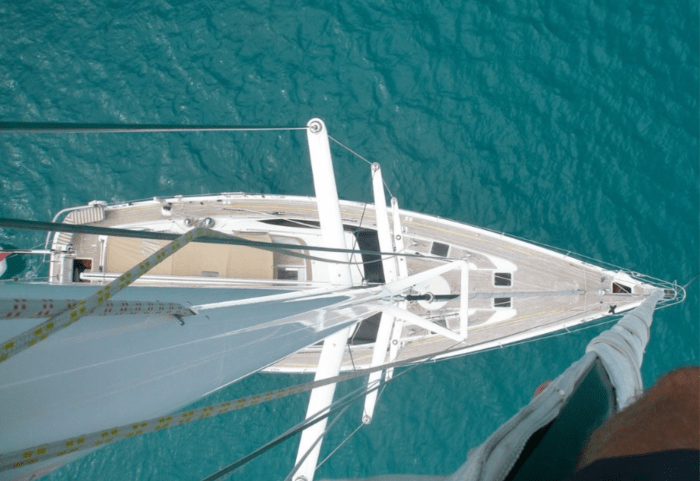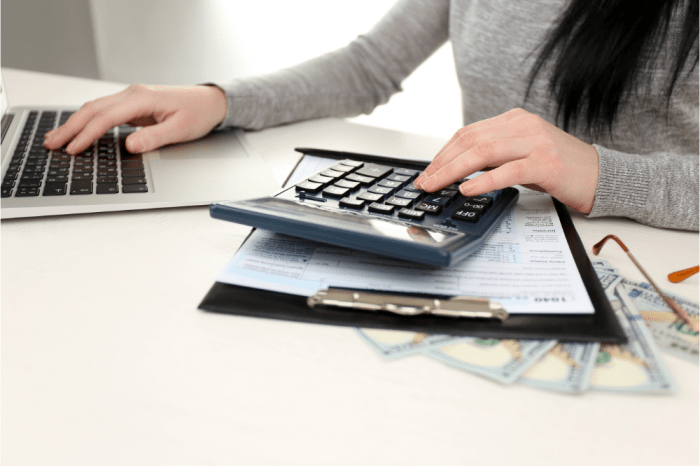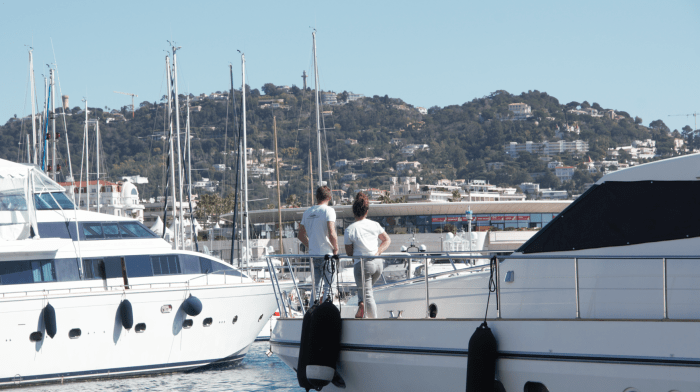There’s so much to love about working on a Superyacht…
…from the amazing places you’ll go, the awesome people you’ll meet, and the financial and experiential rewards in between!
However, there’s one thing that most Deckhands and Stewardesses (among other Superyacht crew members) will agree isn’t their favourite part of the job; and that is completing their seafarer’s self-assessment tax return.
It’s certainly not the most fun task in the world – especially when you just want to focus on your day-to-day Superyacht tasks – and it can be pretty confusing, especially if you’ve not done it before.
Unfortunately, however, there can be severe penalties for those who fail to complete their seafarer’s tax return on time, or incorrectly.
As a seafarer, you shouldn’t have to pay actual tax under the Seafarers Earnings Deduction (we’ve explained more about this in our ultimate guide). However, you still need to complete your self-assessment so this can be checked by HMRC.
But what exactly are the penalties for failing to do it, and how can you prevent this from happening? Read on to find out…

Penalties for not completing your seafarer’s self-assessment tax return include:
Late filing penalties
If you submit your seafarer’s tax return up to three months late, you’ll have to pay a fine of £100 from HMRC – regardless of whether you have to pay tax or not.
After three months, HMRC can then impose an additional £10 fine for each day that you don’t submit your self-assessment for 90 days – so the longer you leave it, the more expensive it will become.
Then, if you still haven’t submitted your self-assessment after six then 12 months, the fines just get even bigger (£300 each time).
Interest payments on top of your fine
As well as the fines themselves, you’ll also be charged interest on top.
In short, you could find yourself paying between £900-£1,000+ in fines for not completing your seafarer’s tax return. To put that into perspective, if you’re a Superyacht Deckhand or Stewardess, that equates to half your monthly wages or more!
Thankfully, it’s easy to avoid these penalties in the first place!
You have two options in this instance:
Option 1: Complete your own seafarer’s self-assessment tax return
If you decide to do the self-assessment yourself, make sure you set aside a day when you’re not required to carry out your usual Superyacht duties – and well before the tax return deadline – to solely focus on completing the form (you should have access to WiFi on the boat to do so online).
The Gov website has all the information and guidance you need to claim your Seafarer’s Tax Deduction. Take your time with it, and if you’re unsure of anything, ask one of your more experienced crew members for a hand. They’ll be more than happy to help!
Option 2: Employ a specialist to do it for you!
The problem with doing your seafarer’s tax return yourself – especially if you’ve never done it before – is that it can be time-consuming and overwhelming. Not ideal when you’re going to be super-busy working on board a Superyacht!
If you’re not feeling confident enough or you don’t have time do it yourself, employing a seafarer’s tax specialist is the next best step.
Here at Flying Fish, we can sort your seafarer’s tax return for just £210 a year, saving you unnecessary stress and giving you the time and headspace back to really enjoy being out on the ocean!

Like the sound of option 2?
If so, simply complete the form on our seafarer’s tax return registration page (404), and we’ll be in touch to discuss the next steps of the process with you!





